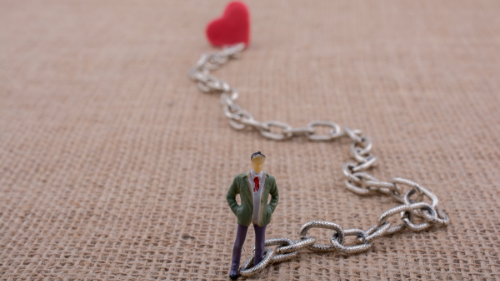Emotional Attachment to Objects: When Materialism Reflects Deep Insecurities
Emotional attachment to
objects goes beyond a simple interest in material possessions. Many people
develop a deep bond with certain objects, often as a way to cope with emotional
insecurities or internal voids. This attachment becomes a way to compensate for
feelings of insecurity, low self-esteem, or even fear of abandonment. In these
cases, materialism acts as a tool to provide a sense of control or security in
an unstable world. However, this excessive attachment to material things
creates a destructive cycle that affects emotional well-being.
The Link Between Materialism
and Emotional Insecurities
People who depend on
objects to feel secure or validated emotionally often do so because they feel
they lack control over other important aspects of their lives. This includes
interpersonal relationships, self-esteem, or a general sense of well-being. In
these cases, material possessions serve as a way to fill that emotional void,
providing a false sense of stability. However, this type of attachment tends to
be unsatisfactory in the long run, as objects cannot offer the emotional
support that human relationships or self-acceptance can provide.
How to Reduce
Emotional Attachment to Objects
To reduce emotional
attachment to objects, it is important first to recognize the emotional origin
of this need. Therapy helps identify the underlying insecurities driving
materialism and provides tools for working on self-acceptance and emotional
security. Practicing gradual detachment by getting rid of unnecessary objects
and prioritizing emotional experiences over material ones can also help relieve
dependency on possessions. Working on developing healthy relationships and
strengthening self-esteem can reduce the need to seek comfort in material
things.
If you feel that your
attachment to objects is affecting your emotional well-being, don’t hesitate to
contact us. We are here to help you explore and heal the underlying causes of
this behavior.
RewPaz



